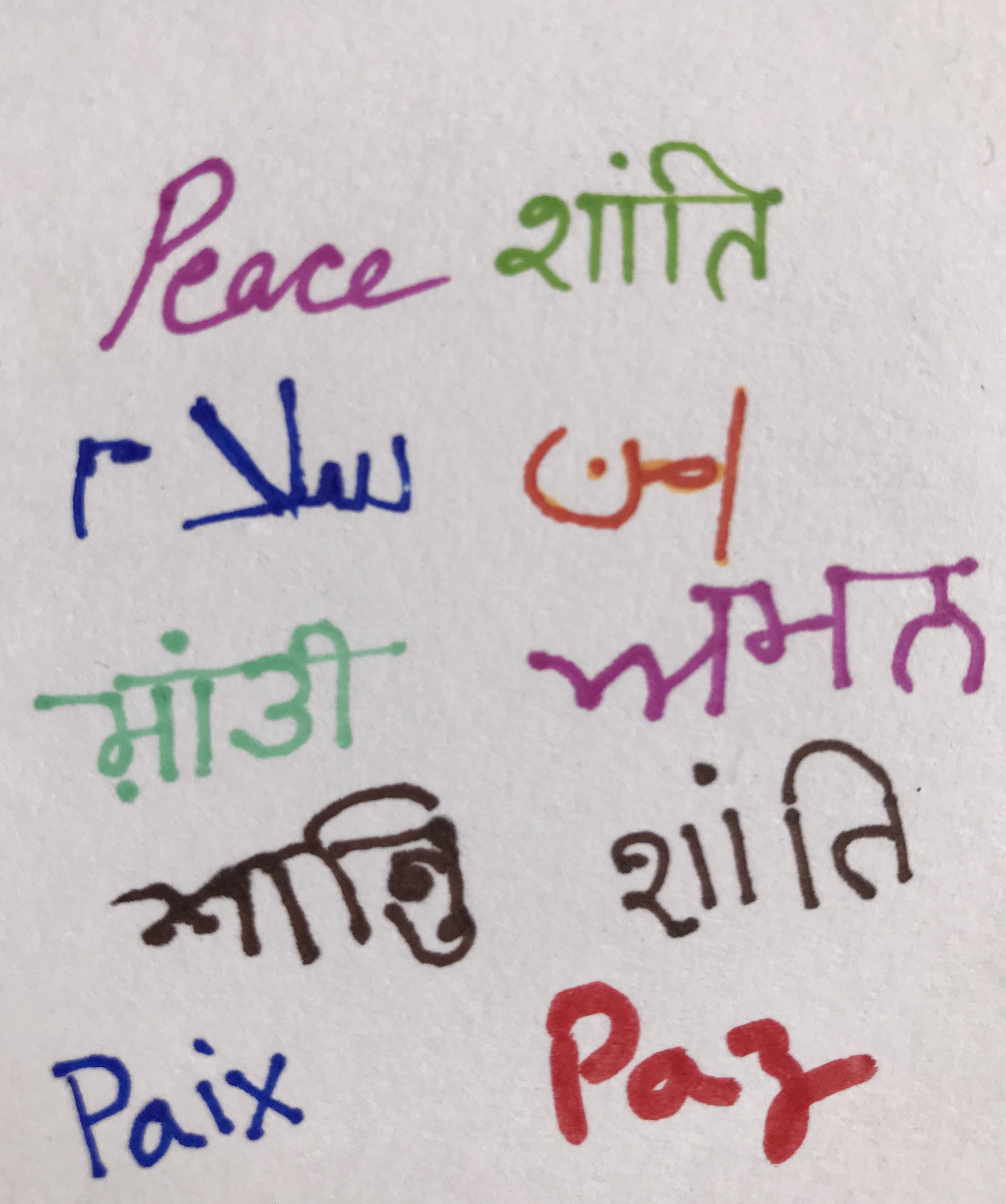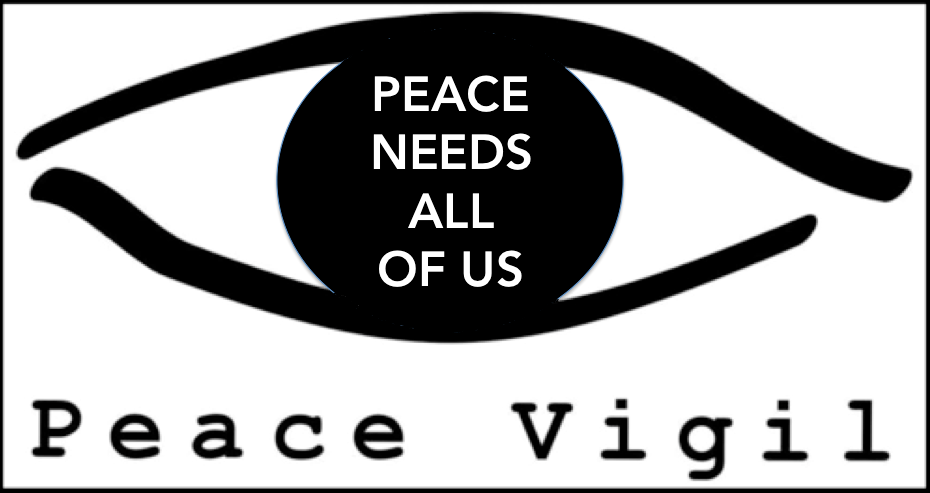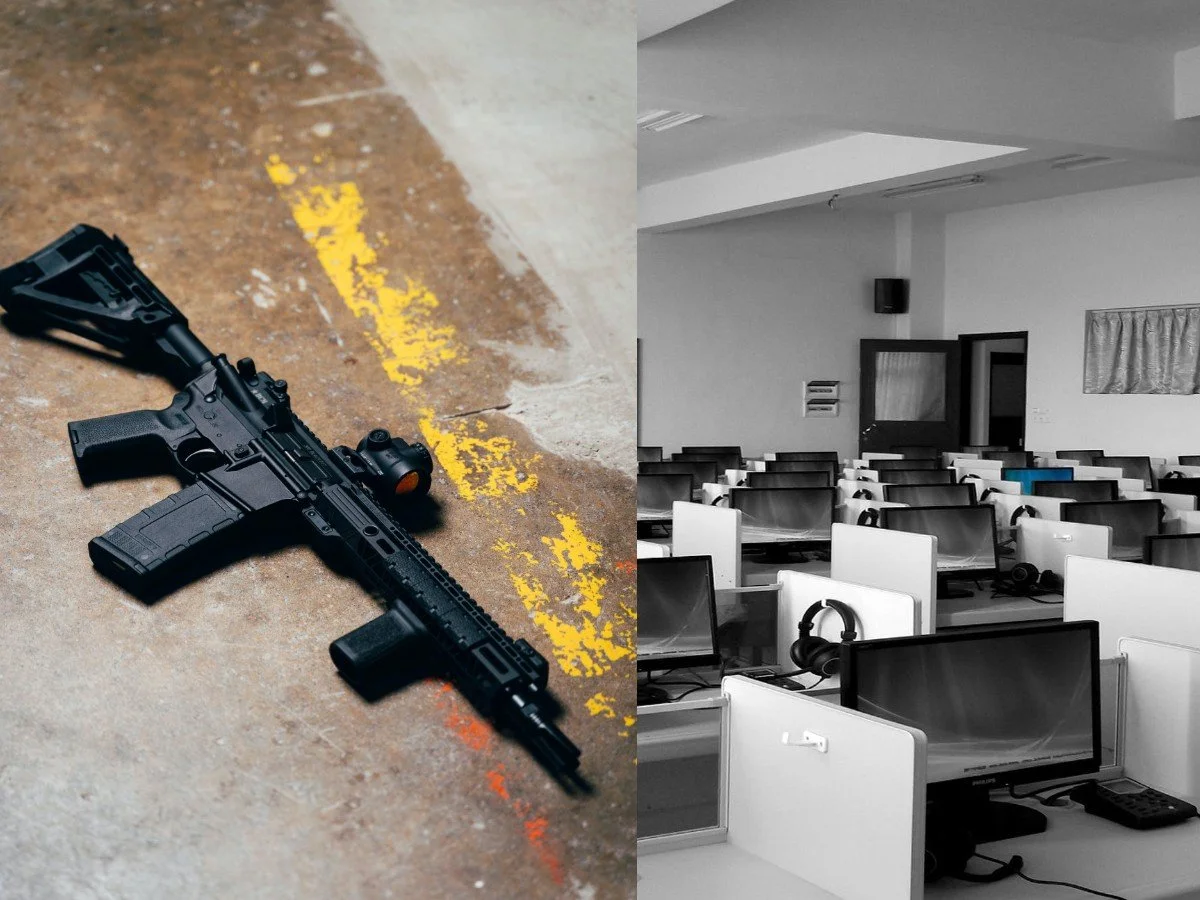Mental Health and Peace
[NB: Our co-director Sameer Dossani will be giving a webinar on mental health on May 29. To register click here.]
Yet another school shooting has rocked Texas, the United States and the world. Predictably those who lobby for unrestricted access to military grade weaponry offer their thoughts and prayers
Perhaps less predictably, they have tried to turn the narrative towards mental health. “The shooter was sick,” they say. “It’s a tragedy, but mental illness will happen.”
There are so many problems with this narrative that one doesn’t know where to begin. Addressing the very real crisis of access to weapons of war in the USA would take nothing away from addressing the equally real mental health crisis. But let’s leave that aside and ask a different question: What do tragedies like this do to the mental health of all of us?
All of us, and peace activists in particular, have a lot of empathy for our fellow human beings. What does it do to us to know that random and arbitrary violence can strike down young people for no reason at all?
The answer is that it can trigger our tendencies towards depression or anxiety or some other form of mental illness. The number of lives these kinds of tragedies affect directly is relatively small but the number of lives touched indirectly is in the millions or even hundreds of millions.
And the saddest part is that we all know that this is not the end of it. Previous generations have failed to implement much needed policy measures and as a result war, climate catastrophes, gun violence, and all around human suffering are likely to increase in the months and years ahead. In order to change that, the world needs good activists.
Now let’s ask a different question: Would I be a better activist if I optimise my mental health?
The answer here must undoubtedly be “yes”. When we have poor mental health we are less likely to be able to engage in questions of strategy that are at the core of the change making process. We’re also more likely to be less functional for whatever reason - depression, crippling anxiety or something else.
The funny thing is that a lot of us feel guilt when we prioritise our own health. We feel, perhaps that we don’t deserve to be healthy in a sick world. That line of thought is not particularly constructive. The fact is that we’re going to be better healers when we ourselves are feeling strong, healthy and happy.




